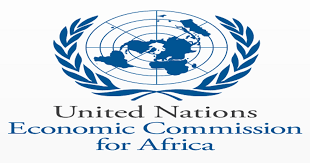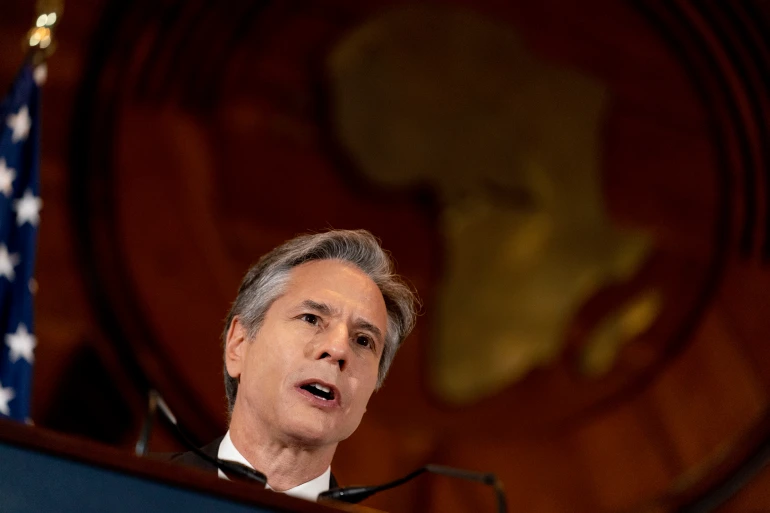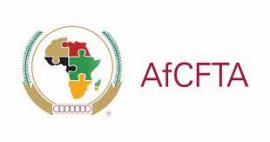 African Finance Ministers have called for a coordinated COVID-19 response to mitigate the adverse impact of the pandemic on economies and society, noting that Africa needs an immediate emergency economic stimulus of $100 billion.
African Finance Ministers have called for a coordinated COVID-19 response to mitigate the adverse impact of the pandemic on economies and society, noting that Africa needs an immediate emergency economic stimulus of $100 billion.
The ministers, who met on 19 March in a virtual conference to exchange ideas on the efforts of their respective governments in dealing with the social and economic impacts of COVID-19, noted that even before the COVID-19 pandemic, Africa was already experiencing a huge financing gap in funding measures and programs aimed at realizing SDGs and Agenda 2063 targets and goals.
They emphasized that without coordinated efforts, the COVID-19 pandemic will have major and adverse implications on African economies and the society at large, the UN Economic Commission for Africa said in a release.
Original economic forecasts in most economies are on average, being downgraded by 2-3 percentage points for 2020 due to the pandemic, the ECA pointed out.
Given the limited health infrastructure and the fact that most of the pharmaceuticals and medical supplies consumed in Africa are imported, the ministers called on the international community to support the upgrade of the health infrastructure and to provide direct support to the existing facilities.
“Africa needs an immediate emergency economic stimulus to the tune of $100 billion. As such, the waiver of all interest payments, estimated at $ 44 billion for 2020, and the possible extension of the waiver to the medium term, would provide immediate fiscal space and liquidity to the Governments, in their efforts to respond to the COVID-19 pandemic,” ECA said. “The interest payments waiver should include not only interest payments on public debt, but also on sovereign bonds.”
For fragile states, the ministers agreed on the need to consider waiving principal and interest and encourage the use of existing facilities in the World Bank, International Monetary Fund (IMF), African Development Bank (AfDB) and other regional institutions.
In addition, the ministers underscored the need to support the private sector and protect the over 30 million jobs at risk, particularly in the tourism and airline sectors across the continent. In other critical sectors including agriculture, imports and exports, pharmaceuticals and banking, the ministers agreed that all interest and principal payments on corporate debt, leases, extended credit facilities, refinancing schemes and guarantee facilities should be used to waive, restructure and provide additional liquidity in 2020.
A liquidity line should also be made available to the private sector to ensure the continuity of essential purchases and all SMEs that are dependent on trade can continue to function.
These measures, it was agreed, must accompany a policy of opening borders for trade. In this regard, the ministers noted that Europe and the United States, in particular, can build this in as part of their stimulus to their private and financial systems.
ECA Executive Secretary, Vera Songwe, had warned few days earlier that the unfolding coronavirus crisis could seriously dent Africa’s already stagnant growth with oil exporting nations losing up to $65 billion in revenues as crude oil prices continue to tumble.
The ECA Executive Secretary said COVID-19, which already strongly hit Africa’s major trading partner, China, would inevitably impact Africa’s trade.
“Africa may lose half of its GDP with growth falling from 3.2% to about 2 % due to a number of reasons which include the disruption of global supply chains,” said Ms. Songwe, adding the Continent’s interconnectedness to affected economies of the European Union, China and the United States was causing ripple effects.
She said the continent would need up to $10.6 billion in unanticipated increases in health spending to curtail the virus from spreading, while on the other hand revenue losses could lead to unsustainable debt.
The ECA estimates COVID-19 could lower Africa’s export revenues from fuels at around $101 billion in 2020.
Remittances and tourism are also being affected as the virus continues to spread worldwide, resulting in a decline in FDI flows; capital flight; domestic financial market tightening; and a slow-down in investments – hence job losses.


